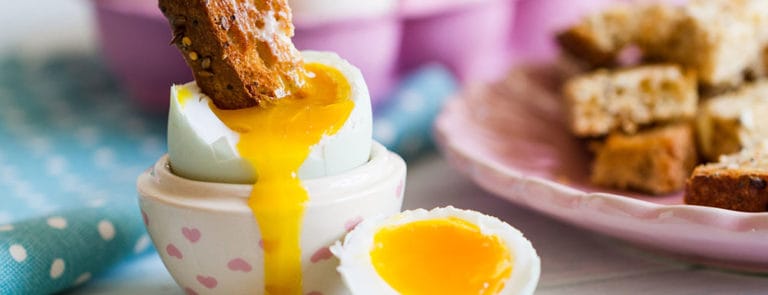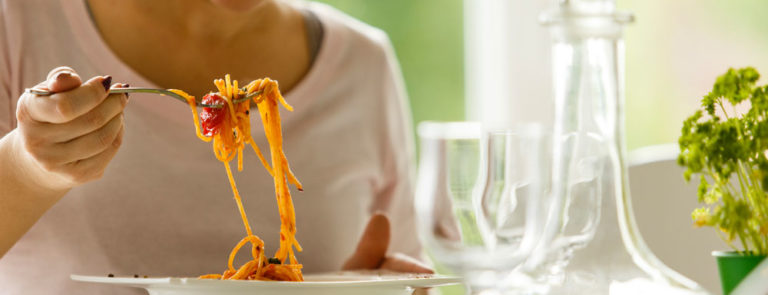This essential mineral does plenty to support our health, so why aren’t more of us aware of its benefits?
Choline was only recognised as an essential mineral in 1998,
1 so it’s less well understood and researched than other nutrients.
But science is slowly uncovering the secrets of this ‘silent’ mineral.
What is choline?
Although not strictly a vitamin, choline is a vitamin-like water-soluble essential mineral. It was believed to be a B vitamin at one point, which is why you may see it referred to as vitamin B4 or grouped in with the other B vits.
It has a range of functions in the body that are still being discovered. So far, scientists know it’s important for metabolism and the nervous system, it helps transmit chemical messages between brain cells, keeps cell membranes healthy, and supports muscle, memory and mood functions.
2
Handpicked content: Five secret ways to speed up your metabolismWhere can you find choline?
We make choline in the liver, but this isn’t enough to carry out all the roles we need it to perform. The richest sources of choline in our diet are egg yolks, liver and fish, but you can also find it in nuts, beans, peas, spinach and wheat germ.
3
Vegetarians and vegans may need to consider topping up their choline levels with a supplement as they don’t eat meat or dairy products.
The health benefits of choline
Choline is important throughout adult life and into old age, but there are certain advantages to making sure we’re getting enough in our diets.
Choline keeps homocysteine levels in check
We need choline to help metabolise homocysteine properly. Homocysteine is an amino acid naturally produced by our bodies when we digest proteins, but high levels are linked with a greater risk of several chronic disease including heart disease, cognitive decline and bone fractures.
4
One Dutch study published in the
American Journal of Clinical Nutrition in 2005 found that taking a high dose of 2.6g of choline every day could help prevent heart disease.
5
Handpicked content: Is this amino acid stopping you getting pregnant? Handpicked content: How to eat to beat heart diseaseCholine is important post pregnancy
Breastfeeding women need to up their intake as they lose large amounts of choline in their breast milk.
6
Handpicked content: What foods should and shouldn’t you eat when breastfeeding?A choline deficiency can lead to liver problems
Not only do we produce choline in our livers, our livers also need choline to remain healthy.
A study published in
Current Opinion in Gastroenterology in 2012 confirmed that people eating a low-choline diet were more likely to develop fatty liver disease and liver problems.
7
Advice is for information only and should not replace medical care. Please consult a doctor or healthcare professional before trying any remedies.
Shop our
Vitamins & Supplements range.
Sources
1. Zeisek SH and da Costa K. Choline: An Essential Nutrient for Public Health. Available from: https://www.ncbi.nlm.nih.gov/pmc/articles/PMC2782876/
2. Oregon State University. Choline. Available from: http://lpi.oregonstate.edu/mic/other-nutrients/choline#summary
3. The University of North Carolina at Chapel Hill. Choline: an essential nutrient. Available from: https://www.uncnri.org/index.php/choline-2/
4. As Source 1
5. Olthof MR, et al. Choline supplemented as phosphatidylcholine decreases fasting and postmethionine-loading plasma homocysteine concentrations in healthy men. Available from: https://www.ncbi.nlm.nih.gov/pubmed/16002808/
6. Zeisek SH. Nutrition in pregnancy: the argument for including a source of choline. Available from: https://www.ncbi.nlm.nih.gov/pmc/articles/PMC3639110/
7. Zeisek SH and Corbin K. Choline Metabolism Provides Novel Insights into Non-alcoholic Fatty Liver Disease and its Progression. Available from: https://www.ncbi.nlm.nih.gov/pmc/articles/PMC3601486/




